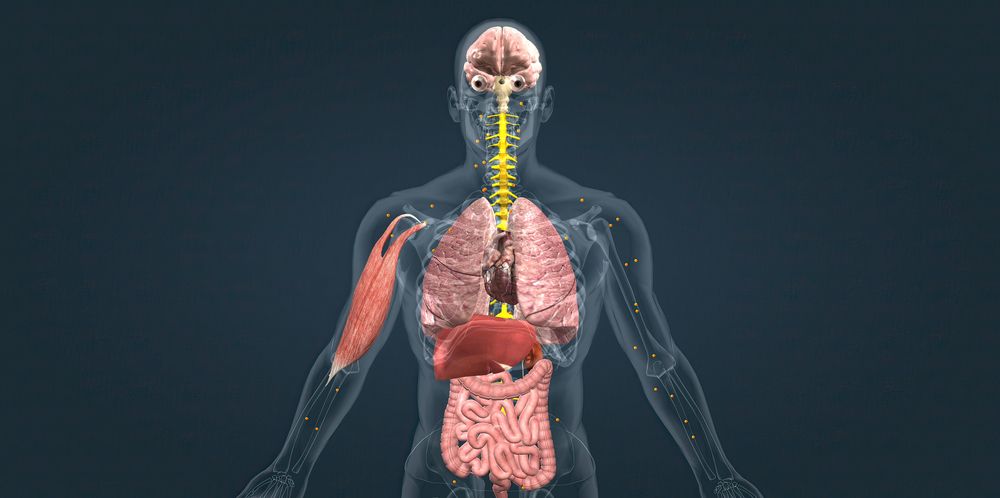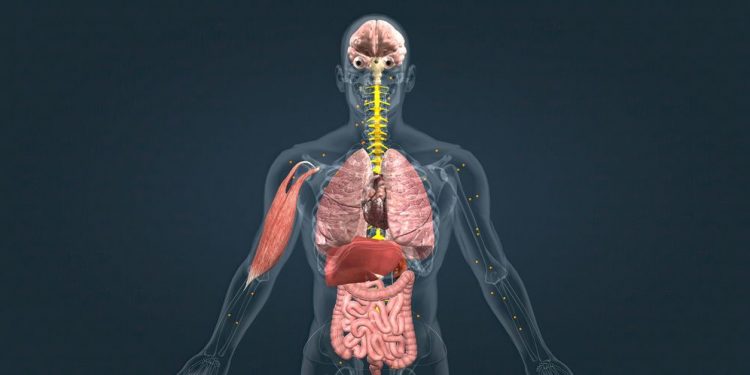Adenosine deaminase (ADA) deficiency is an inherited condition that damages the immune system and is a common cause of severe combined immunodeficiency (SCID). People with ADA deficiency are unable to fight off most types of infections, including bacterial, viral and fungal infections.
ADA is a critical enzyme in the purine salvage pathway, an integral metabolic pathway that regulates and processes the purines adenosine and deoxyadenosine, which are essential to numerous cellular functions such as DNA replication and signaling. Lack of ADA leads to the accumulation of toxic adenosine and deoxyadenosine in cells, which severely impairs immune function and makes ADA deficiency one of the most severe primary immunodeficiencies.
The earliest symptoms of ADA deficiency include pneumonia, chronic diarrhea, widespread skin rashes, slowed growth and developmental delay. Other symptoms can develop later in life, including seizures and hearing loss.
Immunodeficiency due to ADA deficiency occurs in about 90 percent of patients and is usually fatal in the first year of life without treatment. Some patients have a milder form of the disease that does not require treatment or cause symptoms.
This type of ADA deficiency is typically recognized by blood tests that detect low levels of ADA enzymes. This is often a genetically predictable phenotype and can be detected by an ADA-based newborn screening test or through other tests that detect low ADA enzymes.

The main cause of ADA deficiency is genetic mutations that disrupt the function of this enzymatic protein. This causes the abnormal accumulation of toxic adenosine in lymphocytes. These cells are important in cell-mediated immunity, and they produce antibodies that help protect the body against infection. These antibodies are made by T cells, B cells, and natural killer (NK) cells.
T cells and B cells work together to help fight infection by attacking virally infected or cancerous cells that are trying to grow uncontrollably. NK cells also go to cells that have a suspicious appearance, looking for viruses or cancerous cells that may be invading the body.
In addition to the failure of cell-mediated and humoral immunity, ADA deficiency is associated with other symptoms, such as chondroskeletal dysplasia (patches or growth spurts in the bone marrow), neurologic abnormalities, and severe immune failure. In these patients, a bone marrow transplant from a donor who is compatible with the patient’s HLA antigen is a possible treatment for ADA deficiency.
Hepatotoxicity is another symptom of ADA deficiency, and it may be caused by the presence of elevated concentrations of purine derivatives such as S-adenosylhomocysteine in the liver. In some patients, this results in enlarged hepatocytes and hepatitis. During liver injury, these substances are released to activate other pathways that lead to a variety of symptoms.
Adenosine deaminase deficiency is treated with medications to strengthen the immune system and by hematopoietic stem cell transplantation. If a transplant is not possible, the patient can receive an enzyme replacement. This can be done with a drug called polyethylene glycol-conjugated adenosine deaminase or with a gene therapy that re-creates the function of ADA.









